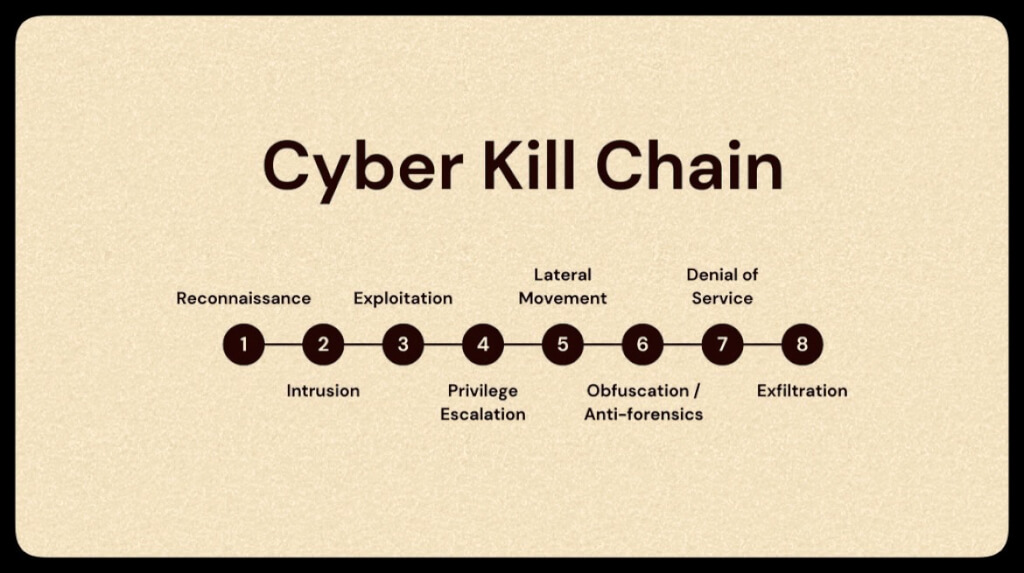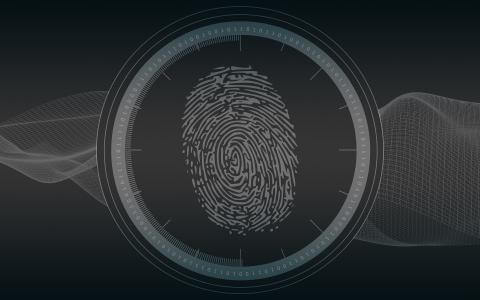This is What Happened.
Quantum computers use quantum physics to access computational abilities that are different from classical computers. Google Quantum AI is exploring potential applications for cleaner fertilization, more efficient batteries, pharmaceutical discoveries, and more.
Quantum computers can perform tasks no classical computer can.
Classical computers have enabled some of humanity’s most outstanding achievements. But even as classical computers continue to improve, there are specific problems we do not expect them ever to be able to solve. Because quantum computers use quantum physics to access new computational abilities that are inaccessible to classical computers, we hope they will solve some problems exponentially faster than classical computers.
In classical computing, information is stored in bits, which can take either 0 or 1. Quantum computers, on the other hand, use quantum bits (qubits) instead of bits. These qubits can exist in more complex states beyond just 0 or 1. They can be in a superposition of 0 and 1 and explore an exponentially large space of possible solutions to a problem.
The XPRIZE Quantum Applications is a global competition launched by XPRIZE in collaboration with Google Quantum AI and the Geneva Science and Diplomacy Anticipator (GESDA).
The XPRIZE Quantum Applications is a 3-year, $5 million global competition designed to advance quantum computing algorithms to address real-world challenges. This initiative, launched by XPRIZE in partnership with Google Quantum AI and the Geneva Science and Diplomacy Anticipator (GESDA), seeks to harness the power of quantum computing to tackle complex global issues in areas such as climate change, health, and sustainability.

AI-generated image using DALL-E3
XPRIZE Quantum Applications:
- Objective: To develop new quantum computing applications that can solve real-world problems, enhancing the utility of quantum computers beyond theoretical research.
- Duration and Prize: The competition runs for three years and has a total prize pool of $5 million, encouraging global participation from innovators and researchers.
- Focus Areas: Quantum algorithms that can contribute to sustainability, improve drug discovery processes, enhance energy efficiency, and more.
4. Phases: The competition involves multiple stages, during which teams of individuals with diverse backgrounds of scientific and engineering expertise will work on developing, testing, and demonstrating their quantum solutions. This includes both novel quantum algorithms and applications of existing algorithms to new problems.
5. Impact: The goal is to translate quantum computing advancements into practical solutions for significant global challenges, aligning with the United Nations Sustainable Development Goals (SDGs).
Ironically there are 17 Goals proposed by the United Nations to transform the world — The Sustainable Development Goals call for action by all countries to promote prosperity while protecting the planet. They acknowledge that ending poverty must be accompanied by strategies that foster economic growth, address social needs, and tackle climate change.
This competition is designed to accelerate the practical applications of quantum computing. It fosters collaboration among quantum experts, policymakers, and business leaders to create a forward-looking quantum ecosystem.
Thank you for visiting my blog.
Follow me on Medium and LinkedIn for more future content about CTFs, Ethical Hacking, Cybersecurity, and more.



